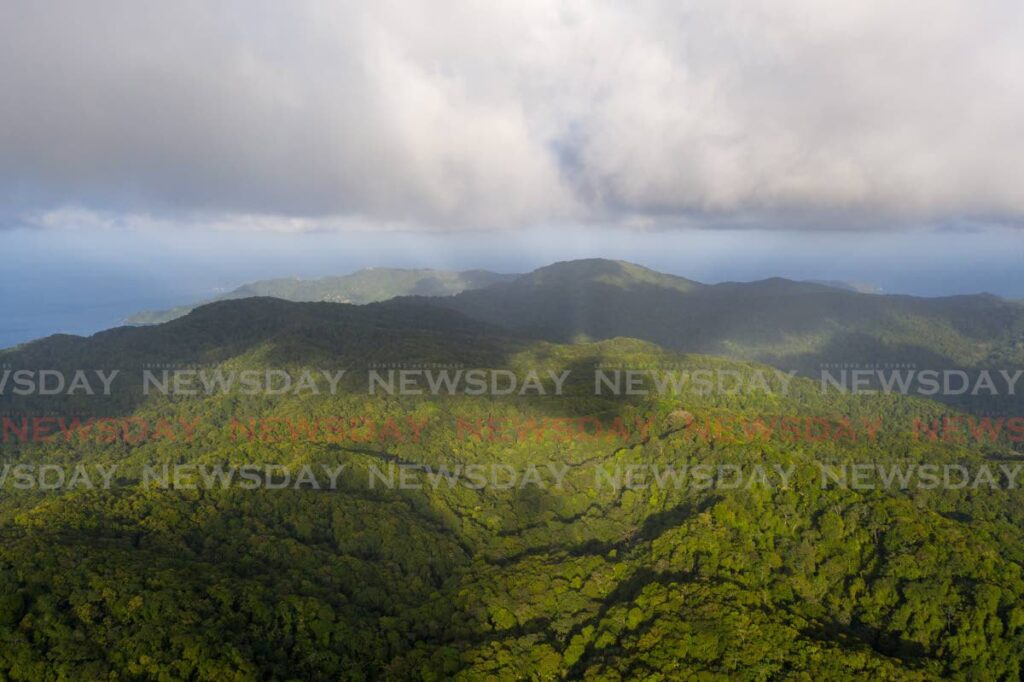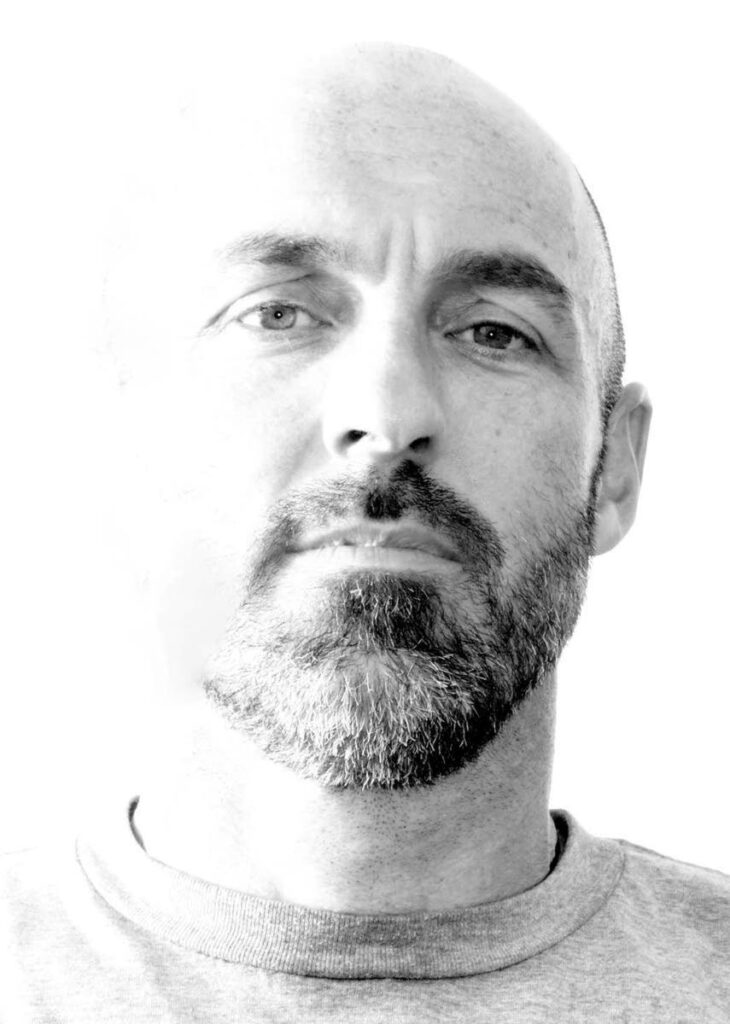Climate change is a magical mirror

Keith E McNeal
Isn’t it strange how we hear so much about climate change, and yet most of us still understand so little?
That’s partly because it’s so big and endlessly complicated. Too much to wrap your head around. Even scientists who spend their days thinking about it really only grasp their areas of specialisation. There are so many dimensions of our majestic planet that interact and make up the larger whole.
But as critical as it is, the scientific side of things isn’t the whole story. Climate change is also a cultural problem.
Pumping carbon and other greenhouse gases into the atmosphere traps heat, with all sorts of noxious consequences we most often hear about.
But “climate change” is about much more than global warming alone. The web of industrial changes and energy-system transformations producing more intense and catastrophic climatological events are also affecting planetary processes and life forms in new and countless ways, such as the microplastics now flowing through our veins or the fact that concrete has now entered the geological record.

The manifestations are vast and many-tentacled, but the underlying source of these epic changes can be readily identified: our modern-industrial world-system.
Half of Earth’s surface is now used for agriculture, forestry, and habitation. Three-quarters of the biosphere has been altered by human activity. Sea levels rise, oceans acidify, coasts erode, soils deplete. Industrial civilisation uses over half of renewable fresh-water sources. Accelerating rates of species extinction and loss of biodiversity are weirdly counterpointed by a massive increase in domesticated industrial biomass in the form of humans, poultry, pigs, cows, and a few other “lucky” creatures. All of these indicators and many more have been studied and it is clear that everything began to significantly shift on a planetary scale with the rise of industrialisation, powered by fossil fuels, but especially took off since the mid-20th century, in a period now referred to as the Great Acceleration.
But if global warming and all the rest are anthropogenic – caused by human activity – then “climate change” is primarily a cultural and therefore political problem, not a scientific or technical one, per se.
And if it’s cultural, not natural, then we can do something about it. Cultures are always changing. Nothing lasts forever.
Yet we must learn to see ourselves in the thing itself before we can begin to tackle the problem together. Climate change is a magical mirror. Our reflection in this mirror isn’t straightforward or self-evident, but it’s there all the same, whether we like it or not.
Covid19 is a similar mirror. The inert piece of RNA that quickly became known as the “novel” coronavirus hailed from a family of already-known respiratory coronaviruses, which is why many Asians already wore facemasks or were primed to quickly don them. Covid19 moved from a non-human animal host – likely bats, and possibly via another intermediary such as the pangolin – because of industrialisation, deforestation, and urbanisation bringing humans and animals with previously little-to-no interaction into contact. This means that a bat coronavirus underwent a “spillover” event in central China at some point in 2019, making Wuhan the original epicentre of a disease that spread quickly and wrought havoc throughout the world, revealing problems and faultlines in public health systems, infrastructures, and politics at every turn.
The pandemic is a plague of modernity on an increasingly defiant Earth. Akin to climate change, covid19 and the "coronachaos" it unleashed are manifestations of human activity in an epoch in which humans have become full-scale planet-shapers and hijacked the climate, perhaps – some contemplate – even gaining the capacity to eclipse Nature itself. Calling covid19 “novel” marks how we deceived ourselves and allowed ourselves to look away all over again. It’s anthropogenic on the front end and anthropogenic on the back end.

Yet even though the present is chaotic and the future murky, we cannot afford to lose hope. We’ve made some gains, such as solving the ozone-hole problem. More and more young people are joining the movement for climate justice.
As understandable as being cynical is these days, we must always remember that the status-quo and predatory profiteering thrive on pessimism. Humans have excelled at creatively solving problems and evolution has been remaking us all along through the transition to bipedalism, the advent of tools and hence technology, the invention of agriculture, and development of the state.
Yet we stumbled unknowingly into all of these previous radical transformations in ways of being human. This time around we know what’s going on and have history to educate ourselves.
The big question is whether we use our knowledge and capacities to play a new trick on evolution by imagineering a sustainable future more in balance with the rest of the planet, as well as ourselves.
We’re all part of the necessary cultural revolution and need all hands on deck.
UWI ON THE GROUND
A university must be centred in the community, leading on the key issues of the day. Accordingly, UWI St Augustine, TT, offers this public service series where its leading scientists and researchers will address food security, climate and disaster challenges – Series 1.
This week’s offering provides a different take on the usual scientific discussion. The writer, Dr Keith E McNeal, is an anthropologist with a long-term focus on TT and a senior lecturer in cultural studies, invites us to examine the impact of culture on climate change and in so doing, ourselves. It reinforces our belief that this is a multi-disciplinary issue.
Prof Rose-Marie Belle Antoine
Principal, UWI, St Augustine


Comments
"Climate change is a magical mirror"